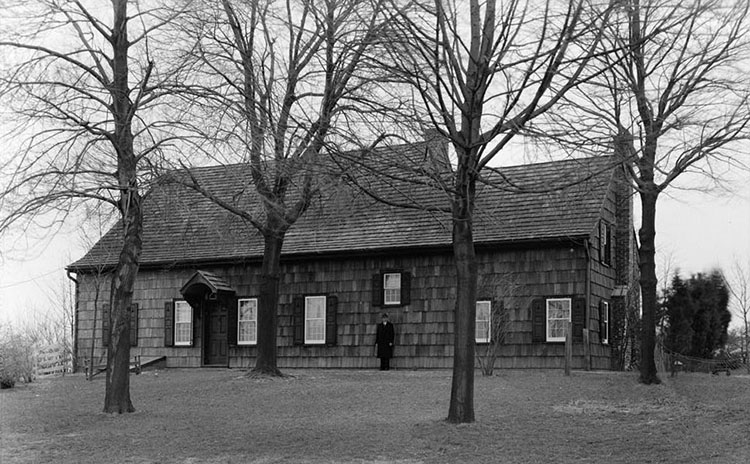
They are sincere, they voice a refined passion, they have survived the ages, and they are of the very stuff of the gallantry not only of Greek antiquity, but of the gallantry of all time.Ĭharmingly simple, they must have been addressed to a character no less lovely. These resulted from the spell which the tavern Hebe threw over him and were born of the inspiration with which she fired his soul. Yes, the glance of an eye weaned him away from the fetishes of a lifetime he ceased scoffing at chastity, and wrote three little letters, one might almost be tempted to call them madrigals, that contain the finest essence of worshipful appreciation. A girl of the cabarets has attracted his glance probably to order something to drink: he sees her eyes, and, like Catullus translating Sappho, If he permitted sentiments so exquisite to flow from his pen it must have been because he was more moved by love and artistic appreciation than by drunkenness. His example was one that others could follow: he frequented taverns as he chose. One of them, however, has avowed his intimacy and has immortalized the object of his adoration: I speak of Philostratus, a Greek sophist of the deepest dye, yet who did yeoman service in refining the crudities of a language already effeminate, a language degenerating under the subtleties of a philosophy of decadence. Under the emperors they are still the same, displaying the same old vices and masquerading under the same Let one of them catch the scent of wine and he becomes prudent, simulating the countenance of a drunken man under a thoughtful mien of philosophy. They stagger under the weight of the books they are carrying, on their way to the tavern, there to drink themselves into a state of philosophical abstraction which will make them for hours immune to all the crudities with which they are surrounded. Plautus, who was contemporary with them, has drawn a picture which enables us to see them as they were, enveloped from head to heel in their cloaks, which were equipped with cowls to cover the head. In reality, however, they set a fine example of tavern swilling and wenching, and the term pergraecari (to drink like a Greek) was coined to describe their cultivated avidity in this exercise.

The literati and declaimers of the times, the rhetoricians and out at elbow philosophers and intellectuals, made the taverns and thermopolia their headquarters: here they gathered to gossip and discuss affairs of everyday life, and they were probably no vainer or more verbose than the expatriated sophists who came from Greece in the times of the Scipios under the pretext of refining the local customs and social usages, and giving a rhetorical and artificial polish to the rude vigor of the old Latin tongue. The literati - Philostratus’s beautiful tribute to a cabaret girl - Nero as a cabaret singer - Catullus flays the lewd taverns - Juvenal’s description of the lupanars - Patricians liberal patrons, many being tavern owners - Trimalchio speculates in wine - Plutarch tells of the baseness of inns.


Firebaugh, with an Introduction by Wallace Rice and Illustrations by Norman Lindsay, Chicago: Pascal Covici 1928 pp. 185-204. From The Inns of Greece & Rome, and a history of Hospitality from the Dawn of Time to the Middle Ages, by W.


 0 kommentar(er)
0 kommentar(er)
